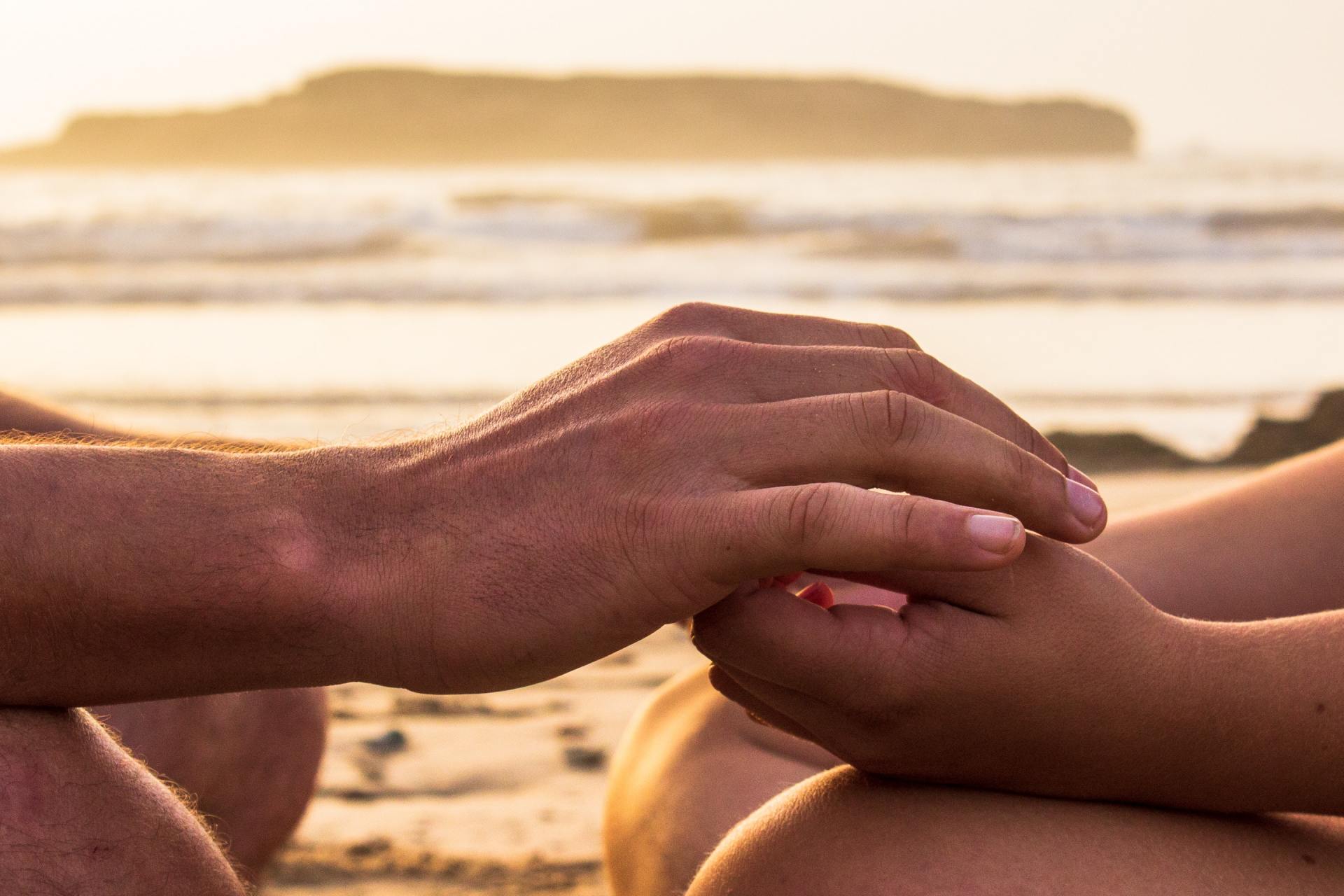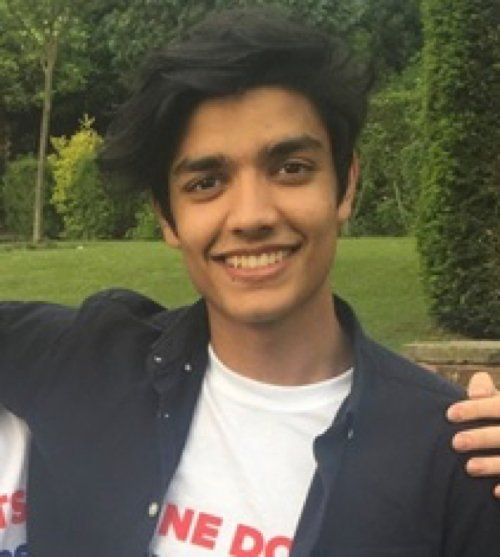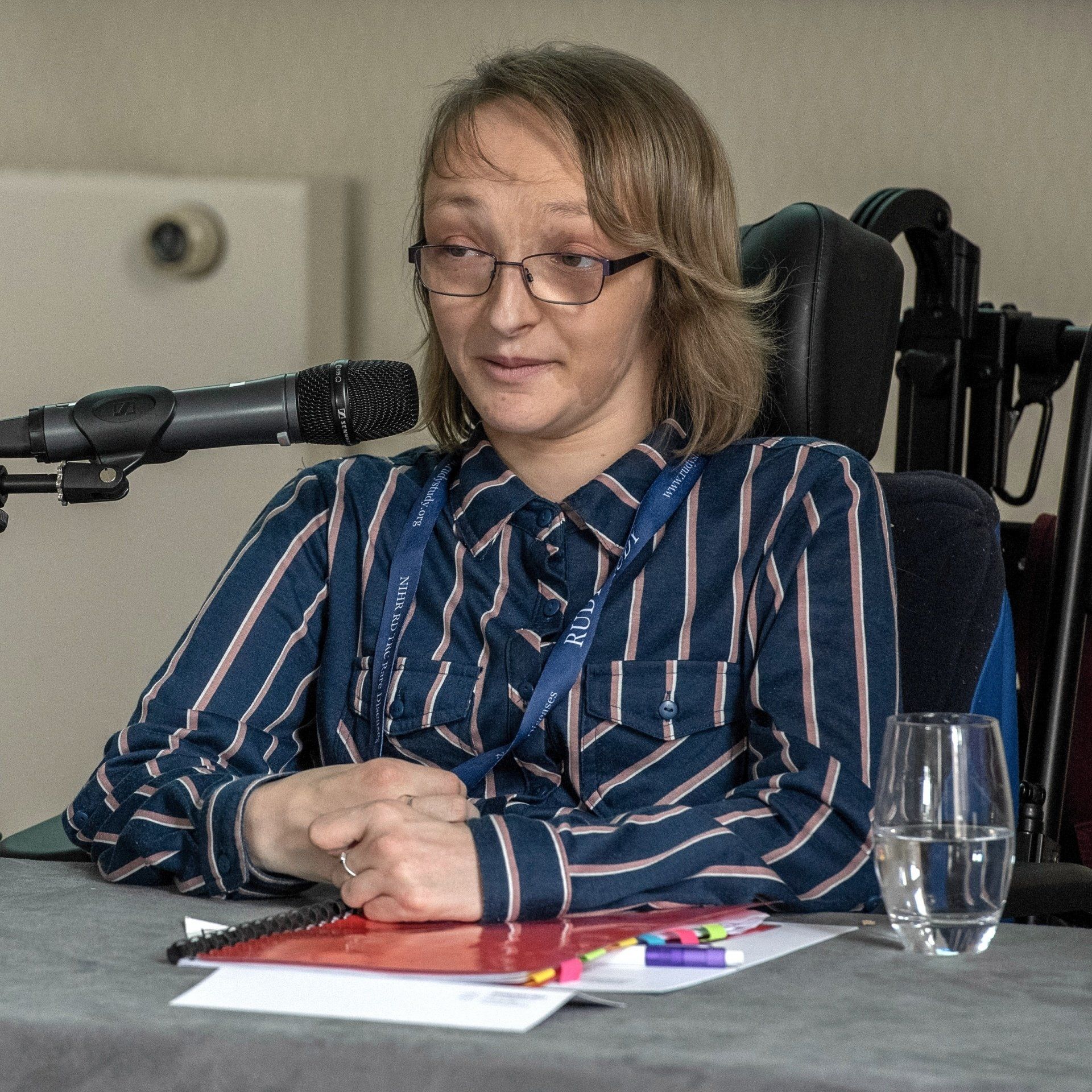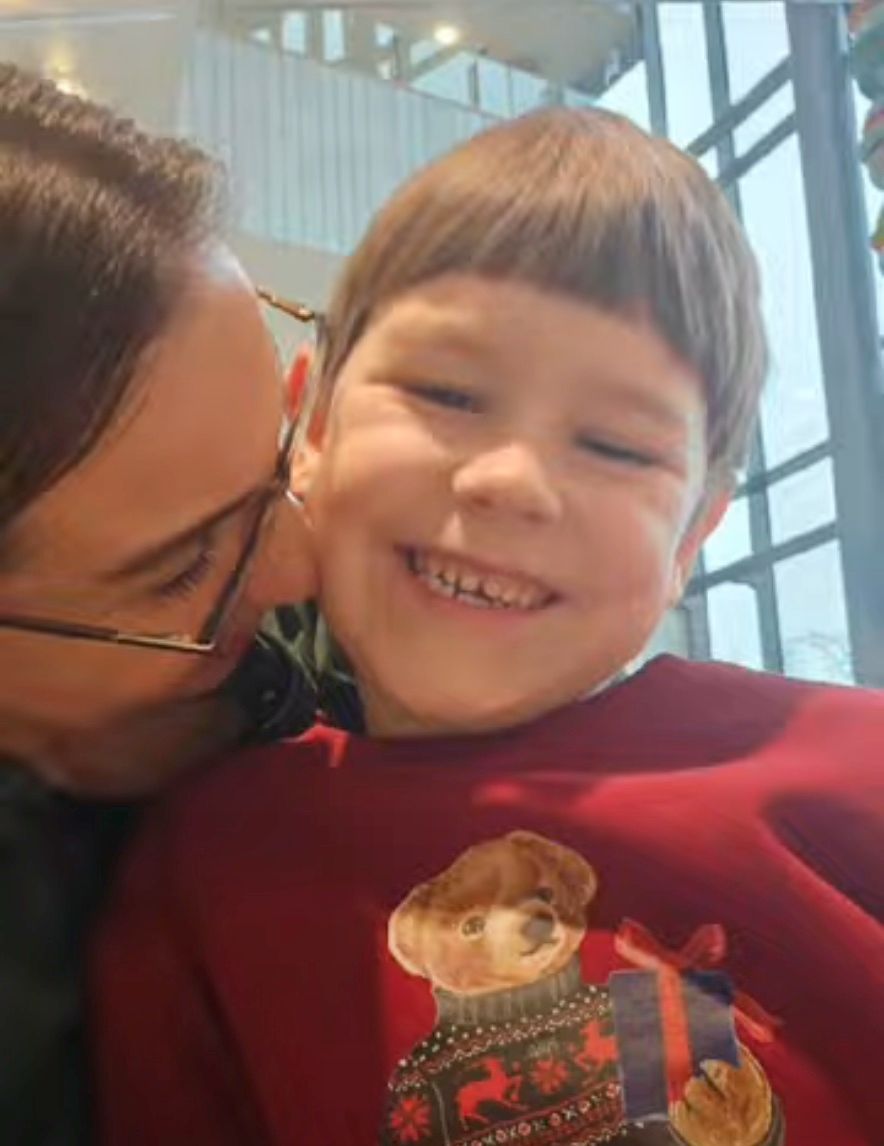Real Life Stories
What's on this page and FDSSUK linked social media sites....
Managing Pain with Hypnotherapy
by Stephen McMurray
Teenage FD Diagnosis
by Nish Rai
Living with Severe FD / MAS
by Vic
Global Awareness Week Contributions
A Video Collage of member contributions
Tommy's Story
Learning about and living with a Fibrous Dysplasia diagnosis.
Using Hypnotherapy To Manage Pain
I first became interested in hypnosis when I was a child. I had a number of operations and fractures to my right femur whilst growing up. I was aware that if I altered the state of my consciousness it effected the levels of pain I felt. This is something which remained in the back of my mind.
I was unsure what I wanted to do career wise. I enjoyed economics at school and undertook a Business degree followed by an MSc in Social Research. I worked as a Researcher, including exploring the issues facing people with mental health problems, particularly in relation to employability. At this point I decided to train as a Hypnotherapist.
I volunteered at a Community Health Project and see people for a whole range of issues. I do find helping people managing chronic pain the most rewarding. This involves putting clients into a relaxed state of hypnosis and making positive suggestions to their subconscious minds to take more control over the levels of pain they feel.
Should you wish to know more about the benefits I believe that Hypnotherapy may help you with your pain issues please contact me, Stephen McMurray.
Share
I'm Nish, I am 18 years old and was diagnosed with mono-ostotic Fibrous dysplasia in the right femur in 2012.
At age 8, I broke the bone playing football and spent 6 weeks in a splint in bed followed by many months of recovery. The doctors could not explain how the strongest bone in the body could be broken clean through, so easily, playing football. This is because at the time they did not diagnose fibrous dysplasia, not discovering an underlying cause. As a result, I relapsed in 2012 while running, developing a stress fracture that left me unable to walk. It was discovered that my bone had bowed outward. I was then referred to the Birmingham Royal Orthopaedic Hospital where a bone Biopsy confirmed FD. Following this, I had a plate and screws inserted into my femur to strengthen it and prevent further bowing. The metalwork was taken out after a year due to many complications. It was replaced by an osteotomy to straighten the bowed bone and I had an intramedullary rod inserted through the femur to strengthen it. During this whole time, I had numerous fractures in the same area restricting me to bed rest, only walking rarely and if so with crutches.
I spent my childhood wishing to always do more and be more active. This whole experience caused me to miss a total of around 2-3 years of school. This included missing more than half of my GCSE exam course with pain in that area the majority of the time that could not be explained. I am now limited to a light jog for a few paces with no further activity. I was a very active child and have not run since 2012.
I had always held hope that after I had finished growing, the bone would fully heal, become normal and I would be able to continue with my life as always intended, as a very active person. This thought was one that comforted me and helped me stay positive in whatever I went through. In my most recent appointment, I have been told that this will not be the case and that it is something that I am just going to have to live with.
This whole experience has affected my life in an enormous way and despite going through all of this I consider myself very lucky that my case was not more severe, as I know it can be, and I am aware that people go through much worse.
The realisation that my FD is not going away has inspired and affected me in a very profound way. This, backed up by the understanding that I am part of a larger community going through their own experiences has driven me to take matters into my own hands, i.e.: reducing my reliance on doctors and wanting to help others going through the same thing. This is why I decided to become a trustee for Fibrous Dysplasia Support Society UK (FDSSUK) and also wish to organise a global event to raise awareness and funds for Fibrous Dysplasia and McCune-Albright Syndrome
Swimming has been the only form of activity that I have been able to do to keep fit and therefore my idea was to encourage people with FD and MAS around the world to participate in a sponsored swim. In this way, each person will have their own personal reason for taking part while all sharing common experiences and one common goal.
I know first-hand that this condition is extremely difficult to live with, especially as a child and people simply do not know about it. This is where we can make a difference. Raising awareness of FD/MAS will encourage all to learn more about the condition and provide more money and support for scientists that conduct research into the field developing our understanding of the condition. We can do all this so that in the future those with FD/MAS do not have to go through the hardships we have. Through this swimming event I hope that people push themselves. Then we realise that we are not bound by the limits we set ourselves when living with a chronic condition. There is a lot we can do with a strong will and the support of others. This realisation allows us to live a much freer life.
Share
Real Life Story - Vic
I’m Vic and I am what doctors consider to be a patient with a severe case of McCune-Albright Syndrome and Fibrous Dysplasia. You are learning about the symptoms of MAS & FD from these stories. I hope that relating my personal experience will help you understand that as life changing as these conditions can be, that with the right support and positive outlook you can lead a relatively stable life.
My Goals and Achievements
I have always been encouraged by my parents to be as normal as possible and not let my syndrome define me. As a child I went to main stream school, joined in swimming lessons and participated in PE lessons knowing my limitations. I was taken to France on a school trip albeit I had to have one to one TA’s with me. I did what any other young child would do, go to parties, sleep-overs and surround myself with friends.
When I was paralysed things dramatically changed as I had to adjust to a whole new set of problems. In rehab I was encouraged to set myself goals to achieve, the first being to leave hospital and pass my GCSEs and carry on to sixth form. Second was to find employment, this proved a bit more difficult as I believe employers are still unsure about employing a disabled person. I was accepted on an apprentice scheme with a local transport firm who on completion took me on full time. I work within a small team who are all fully aware of my disabilities and support me when I have been unwell and hospitalised. Access to work ensured the workplace was set up to meet my needs. My job gives me purpose and I really enjoy it.
Next came learning to drive. I think that was my biggest achievement. I’m sure my Dad has a few extra grey hairs from taking me out when I first started learning in my adapted vehicle, that has no steering wheel for him to grab!
Finally, my next and final goal was to live independently albeit with a full-time personal assistant. I moved into my own bungalow last December. It was a big step as my parents have been there for me throughout my journey. It hasn’t been as difficult as I thought it would be and I’m loving being in my own space.
The Future
Knowing what I have learnt from my visit to the NIH and all my specialist doctors at the NOC I am more aware of my condition. I understand the need to look after myself, not to panic when I experience unexplained episodes. Although I cannot feel pain below my spinal injury level anymore due to my paralysis, It can manifest itself in other ways.
I don’t expect my condition to stay stable for the rest of my life. Armed with the information we have obtained and support from doctors and this group I feel confident I can deal with these changes.
As a family we know how important the FDSS charity is and the need to spread the work being carried out to as wide an audience as possible. We plan to continue to be involved as much as we can. We as a group need to support the research wherever we can and I'd like to encourage you all to join in this.
Lessons Learnt
The importance of having information regarding your condition and access to experts in the field of FD and MAS. It was only when we requested a change of spinal consultant that we learnt of Prof Kassim Javaid at the Oxford Nuffield Centre. We had no idea up until then of his expertise in the field of FD and MAS, the RUDY study and of course the FDSS UK group and these conferences.
The NHS is not as well joined up as it could be in pointing FD and MAS patients to the right experts, although we believe from experience this may be partly down to arranging funding between trusts. This highlights the importance of conferences such as this bringing together specialists and patients to promote information sharing.
Attend regular checkups for each of the areas affected by MAS and FD and take time to keep those appointments.
I learnt from the NIH that MAS patients can suffer from torrential bleeding when undergoing major operations and that measures need to be put in place to manage this. Also, I am not allowed to take Asprin or Long-Term Ibuprofen as this can affect platelet function and affect clotting.
Be proactive – the NHS as good as it is, is under pressure so do keep calling / contacting them – don’t rely on the system to always remember you.
I felt the impact of transferring from children to adult services. I expected to receive the same levels of care in terms of priority in outpatient appointments when in adult services. It is important to be aware that there may be such changes. I became ill from my thyroid issues as my Endocrinology follow ups failed once in Adult services and issues were not picked up early on.
Keeping a diary and filing your own medical appointment letters, results and consultant feedback – it’s amazing how time passes and you can’t remember when some key dates have occurred.
Don’t be frightened to get a second opinion in respect of your diagnosis and treatment.
Have your family GP on board, keeping them abreast of what’s happening with your condition. I’ve been fortunate to have two GP’s who have always actioned what I’ve requested, when backed up with the medical advice from both UK and US doctors.
Listen to your body and rest when needed.
Drink lots of prosecco – I’m joking of course but a little does help!
Share
Tommy's Story






